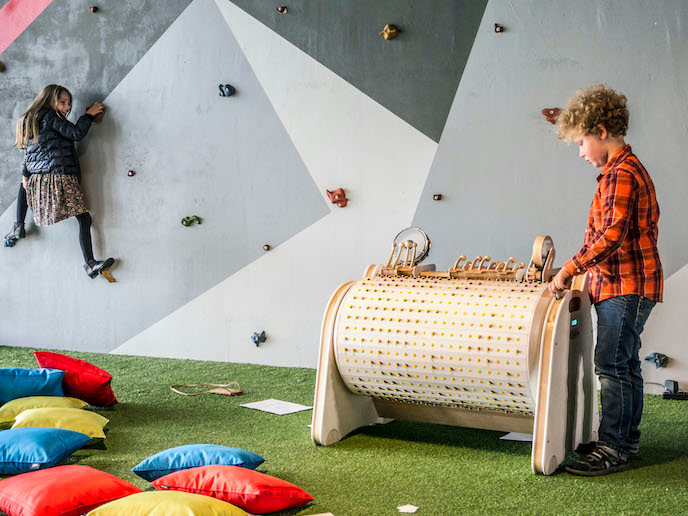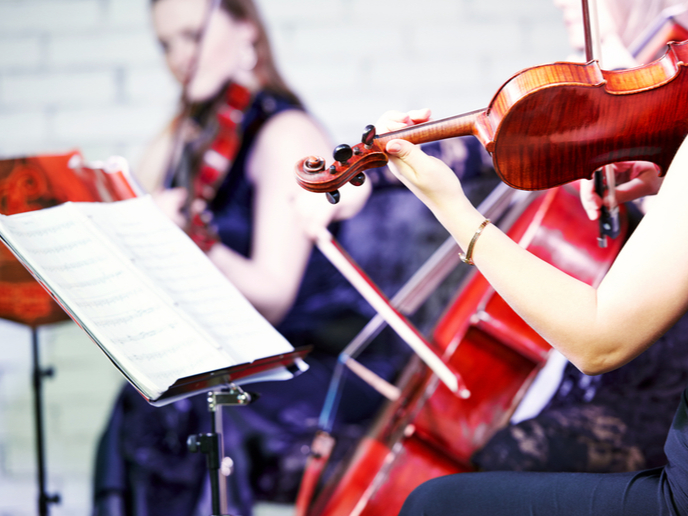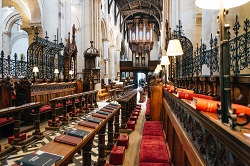Cognitive development gets a new melody
As a universal language, music is a great educational tool. In fact, studies have shown that music stimulates the brain’s alpha waves, enhances language and literacy learning, and helps students learn maths. Recent studies have also demonstrated the connection between music and engaging with students that have cognitive or socio-emotional deficits. The challenge, however, is finding the right methods and tools to make this connection. The EU-funded Musicon BAND project thinks they have the answer. “Our goal is to enable all children, including children with disabilities, to discover the strengths of their personality, talents and creativity,” says Kamil Laszuk, Musicon(opens in new window) CEO, the project’s lead partner. “The comprehensive Musicon BAND set offers an unrivalled educational and therapeutic tool that can be used in all types of educational and therapy settings.”
Promoting psychophysical and cognitive development
Musicon BAND is an interactive musical instrument specifically designed to promote psychophysical and cognitive development in children aged 3 and up. Reminiscent of an old-fashioned barrel organ, or organ grinder, the instrument is played by pushing various buttons. According to Laszuk, Musicon engages children in activities directly linked to the development of social, motor and computational skills. “Its moving mechanical parts and sounds inspire them to be imaginative, creative and spontaneous. “What’s more, it’s a very rewarding and empowering commitment – which is crucial when working with children with special needs.” Although Musicon BAND is not the first initiative to use music as a tool for special education, it is the first to take an analogue approach to doing so. “Most music-related educational programmes are digital and involve the use of screens and other applications, which many children with disabilities have difficulty using,” explains Laszuk. “Our analogue tool, on the other hand, teaches composing and programming without the use of screens, thus better supporting the child’s psychomotor development.”
An award-winning solution
Because Musicon is in line with the STEAM(opens in new window), Montessori(opens in new window), Gordon(opens in new window), Doman(opens in new window) and Waldorf(opens in new window) pedagogy methods, it’s easy for educators to implement the device into everyday classroom activities. “When you watch a child using Musicon, you see their imagination run wild,” notes Deborah, a teacher at a Montessori preschool in Warsaw, Poland. But it’s not only students and teachers who are raving about Musicon, the instrument and methodology have also been highlighted in numerous international design and educational competitions, including the Red Dot Design Award(opens in new window) (Singapore), Reimagine Education Awards(opens in new window) (United States), Bett Education Awards(opens in new window) (United Kingdom), iF Design Awards(opens in new window) (Germany) and GESS Education Awards(opens in new window) (Dubai). Based on this success, the team is currently working to patent Musicon BAND and preparing to launch the instrument into select foreign markets. “The most important thing for us is to give all children the very best tool to increase their confidence and help prepare them for the known and unknown challenges of tomorrow,” concludes Laszuk. “This project allowed us to achieve exactly that.”





